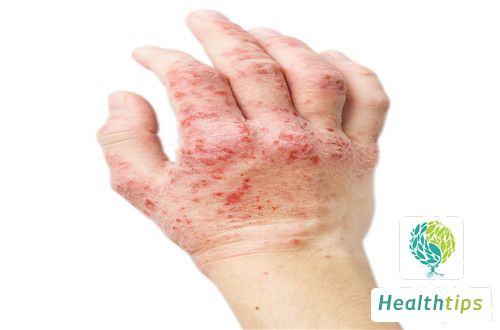What Does a Hot Right Ear at Night Indicate?
The ear is a very sensitive part of the body, and it can become hot due to various factors. There are many reasons for the ear to become hot, but most of them are not serious issues. Generally, the right ear becoming hot at night is mainly caused by factors such as exercise, low temperature, intense emotions, and other reasons.

What Does It Mean When the Right Ear Becomes Hot at Night?
1. After intense exercise, people often feel their ears getting hot. This is because during exercise, the heart beats faster, supplying more blood to the limbs and muscles. After physical activity, the muscles require less blood, but the heartbeat cannot slow down immediately, resulting in more blood flowing to the torso. The skin of the head and ears is very thin and filled with rich blood vessels. When a large amount of blood flows through the ears, the vessels dilate and become thicker, causing the ears to turn red. Since blood has a certain temperature, it feels like the ears are getting hot. As the heart gradually returns to normal, the vessels constrict and become thinner, reducing the blood flow to the ears, and the feeling of heat disappears.
2. In winter, when we move from a cold outdoor environment to a warm indoor space, our ears often become red and hot. This is due to the contraction of the ear vessels in the cold outdoors, which expand as the temperature rises indoors, increasing blood flow and resulting in hot ears.
3. Intense emotions, such as feeling shy, engaging in heated debates, or encountering difficult problems during exams, can also cause a hot sensation in the ears. This is due to high excitement or tension in the cerebral cortex, which triggers the nervous system to dilate the skin vessels, accelerate the heartbeat, and increase blood flow.
What Should I Do If My Ears Are Hot?
1. Some situations can resolve spontaneously. For instance, if the ears become hot due to moving from a cold outdoor environment to a warm indoor space, it is a natural bodily reaction and does not require excessive concern. The skin of the ears is rich in blood vessels. In cold outdoor environments, the blood vessels contract and blood flow slows down, but when returning to a warmer indoor environment, the vessels dilate and blood flow increases, causing the ears to become red and hot.
2. Investigate the causes of ear heat from the source of food. Fundamentally, ear heat is caused by the dilation of subcutaneous blood vessels. To avoid frequent ear heat, it is advisable to reduce the intake of foods that can easily cause dilation of the ear vessels. Common examples include spicy foods and caffeinated beverages such as coffee, cola, and tea, which may cause vasodilation and subsequent ear heat.
3. Control emotions. Besides temperature and dietary factors, emotions can also affect bodily functions. For instance, the phrase "blushing and neck veins bulging" is often used to describe a state of agitation or anger, demonstrating how emotions can cause facial flushing and heat. In daily life, maintaining emotional balance and avoiding excessive emotional releases can help prevent unexplained ear heat.



















